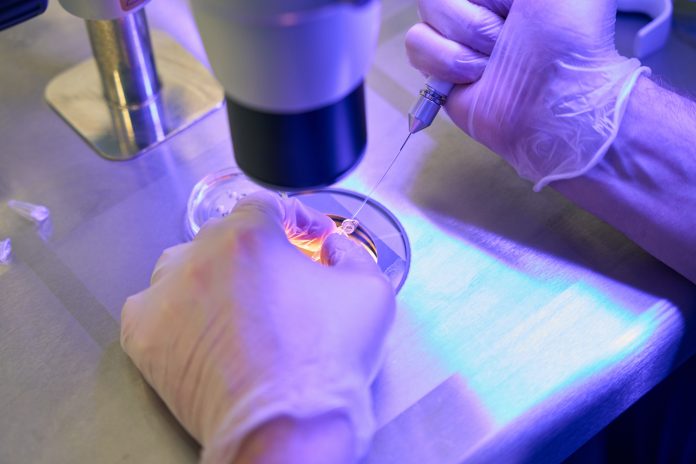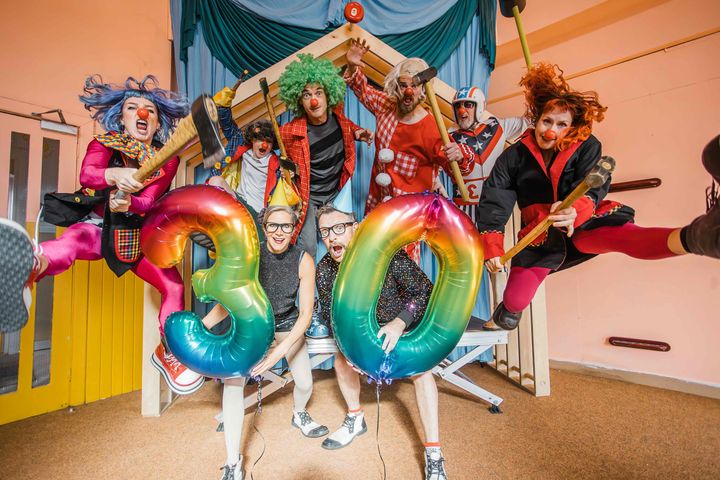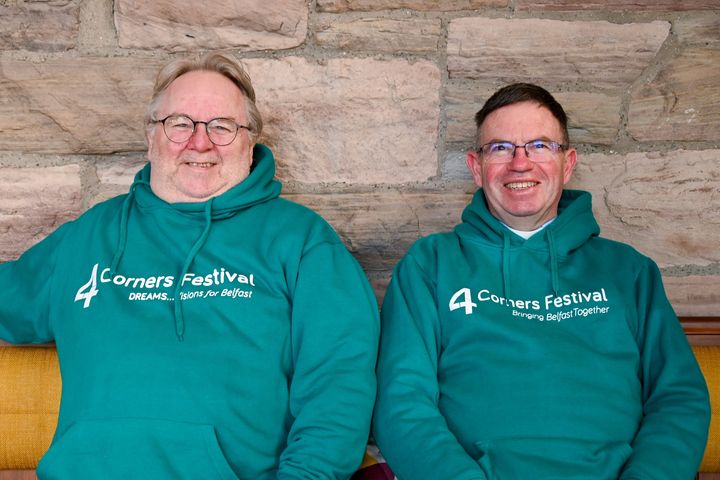Open Access News Health & Social Care Higher risk of heart defects in babies conceived through assisted reproduction September 30, 2024 image: ©yacobchuk | iStock In a study published in the European Heart Journal, researchers reveal that babies conceived through assisted reproductive technology, such as in vitro fertilisation (IVF), face a significantly higher risk of being born with congenital heart defects The study, led by Professor Ulla-Britt Wennerholm from the University of Gothenburg, highlights a trend affecting many children born over two decades across several Nordic countries. Congenital heart defects Congenital heart defects, which can lead to life-threatening complications, are already known to be the most common form of birth defects worldwide. This new research emphasises the impact of assisted reproduction techniques on this issue.
The findings indicate that babies born following assisted reproduction have a 36% higher risk of major heart defects compared to those conceived naturally. The risk was found to be 1.84% for assisted reproduction babies, compared to 1.
15% for naturally conceived babies. The study used data from over 7.7 million liveborn children in Denmark, Finland, Norway, and Sweden, spanning births from 1984 to 2015.
Researchers compared outcomes between children born through assisted reproduction methods like IVF and intracytoplasmic sperm injection (ICSI) with those conceived naturally. Factors such as maternal age, smoking during pregnancy, .


















